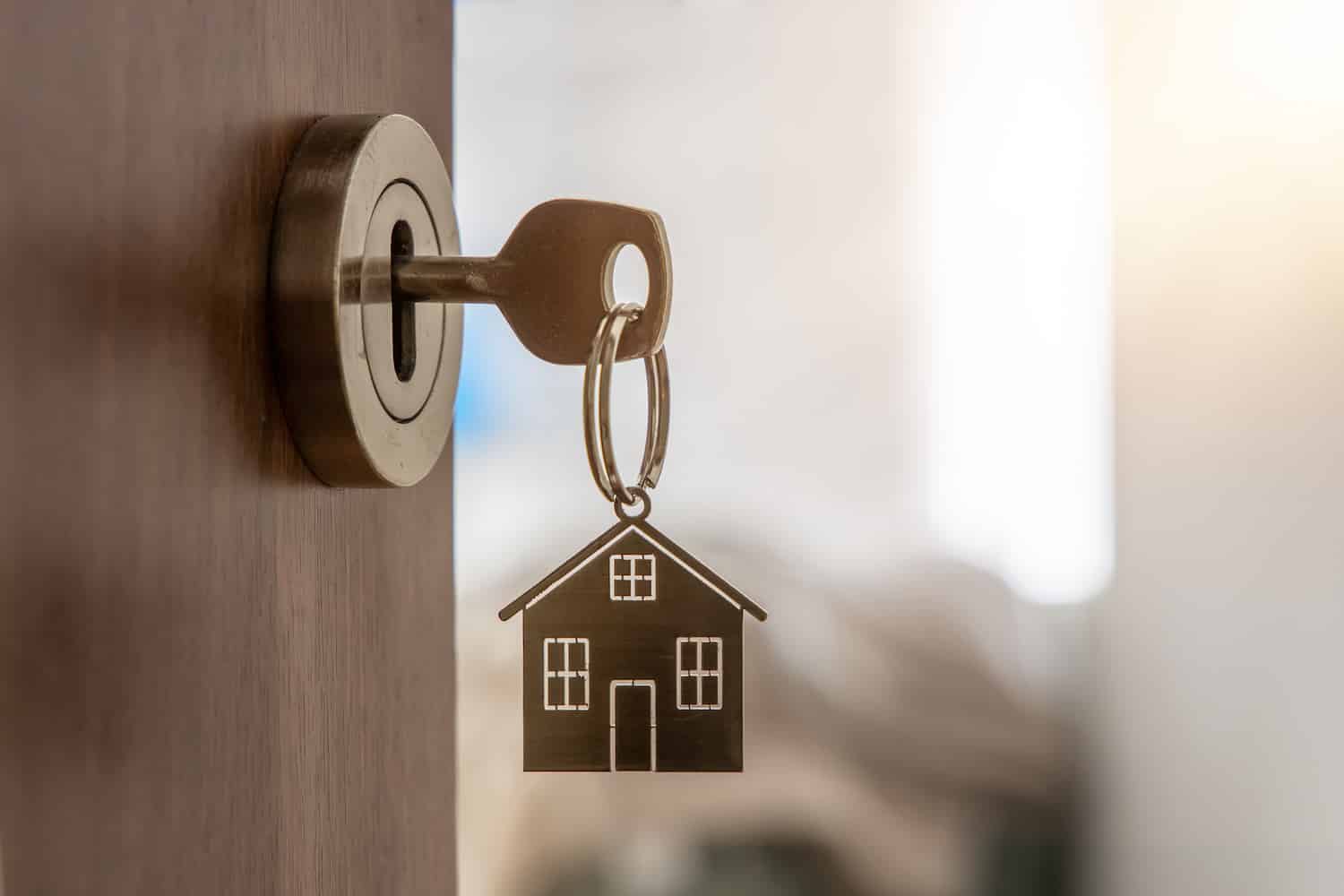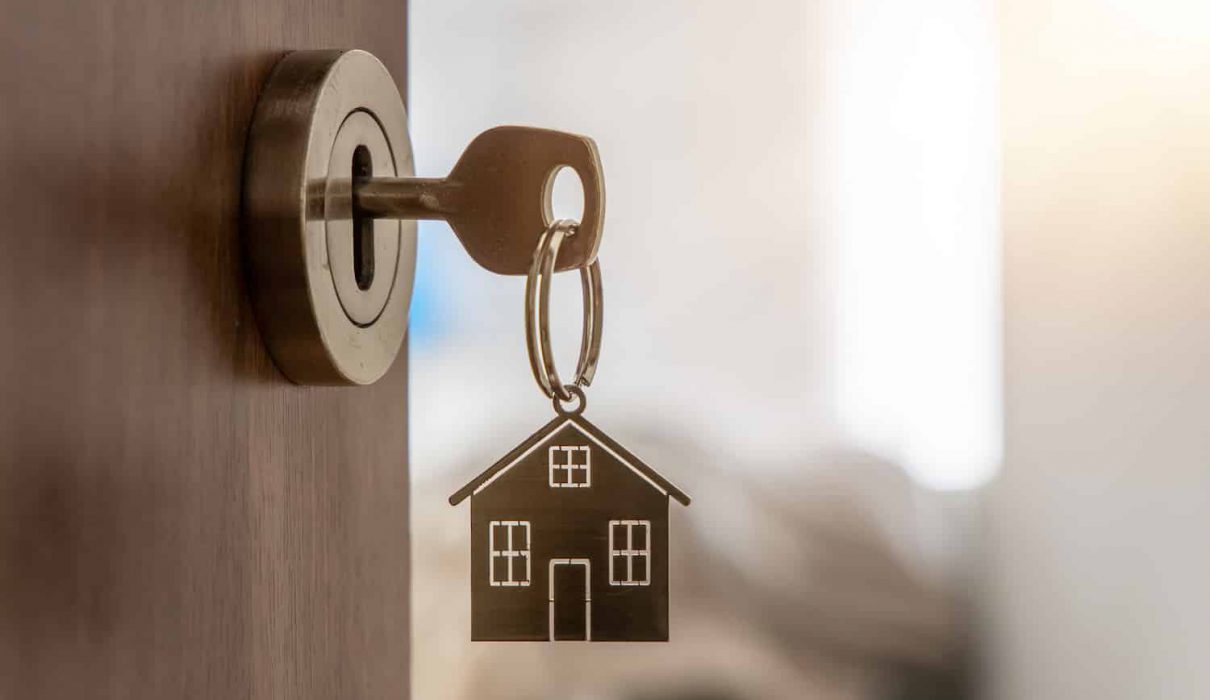
Buying your first house is one of the biggest decisions you’ll make in life. But how are you aware when the time is right? Should I buy a house now, or wait a few years? We’ve come up with helpful tips for help you understand if you’re prepared to get this to step.
1. What’s My Debt to Income Ratio?
Your debt to income (DTI) ratio is one of the main factors a lender will consider before proclaiming to offer you a mortgage. This really is used by lenders for any kind of credit application to represent your regular debts compared to your earnings.
Your regular debt includes things like:
- Your rent or mortgage repayments
- Your monthly bills
- Other regular repayments such as a car loan
Most large mortgage providers like banks cap an individual’s DTI ratio around 43%. Many providers cap it lower than this, or would a minimum of consider you a lower risk if you have a lower ratio. However, you may also find providers who will consider approving you for any mortgage with a higher ratio, based on your circumstances.
A DTI ratio of 43% means that you spend no more than 43% of the monthly income on debt repayments. Which means that for home $4,000 per month, your repayments would total no more than $1,720. Including the mark monthly repayments on your mortgage.
If you’re concerned that the DTI ratio is too high for approval, you might want waiting until you’ve paid off a car loan or can help to eliminate your ratio one other way. An income increase will even change the ratio, so setting yourself up for a raise can help skew things to your benefit.
2. Just how much Have i got Saved?
When entering this decision, you will see several items that require immediate payment before getting your keys. You’ll likely want to use the majority of your savings for a down payment around the property. The larger this payment, the lower your rate per month is going to be during your mortgage. Larger deposits may also imply that you avoid the requirement for private mortgage insurance (PMI).
Take a standard 30-year mortgage as an example. Say a house costs $300,000. If you have $30,000 (10%) saved for any deposit, this leaves $270,000 to repay over 30 years. This means $750 per month during that time (before interest). However, if you have $60,000 saved for a deposit, your mortgage repayments could be more like $667 monthly before interest.
The difference between $30k and $60k is large and would represent several years of saving for most people. However, even adding $10,000 for your deposit cuts down on the quantity of your mortgage you’ll pay interest on and makes your repayments much more manageable.
3. Shall we be held Ready for the Responsibility of Homeownership?
Owning a house isn’t easy. Once the HVAC system breaks, it’s not your landlord’s responsibility anymore: the costs take presctiption you. If you get behind with payments, it’s no more dependent on moving out of a rented place and back in with your parents: the house has to be sold, and without good maintenance, this could be at a lower price than you purchased it for.
Feeling certain that you can rise towards the challenge is important. Create a list of things that could go wrong and consider how you’d address them. It’s not a fun task, however it will help you understand if you’re ready to commit.
4. What’s My Work Situation?
Lenders have a tendency to prefer it if you’ve worked a stable job for a long time. Sticking with the same workplace implies that you represent a lesser risk. This isn’t a tough and fast rule, of course – lenders would understand should you have had recently gone to live in a new job offering a higher salary. However, it’s worth showing that you’ve spent a few years in any new role to show your ability to commit.
5. Just how much Should I Keep Aside for Small remodels and Furnishings?
Besides the money you put aside for any down payment, you should think about what money you’ll need after the house is bought. You’ll likely have to furnish the area fully. You may also need to conduct repairs and maintenance. The entire cost can easily reach into the thousands, so additional savings should be paid attention to in order to properly help make your home seem like home.
6. May be the Timing Exactly where I Want to Buy?
Waiting for that ideal moment in the property market is a fool’s errand for many people. Knowing which way house prices goes later on is almost impossible. However, if your first-choice area appears to be riding a permanent house price inflation bubble, you may wish to consider taking a look at an area where costs are less disproportionate.
This can:
- Help you get more for the money, and
- Avoid the upsetting scenario where you buy at the highest price and therefore are subsequently the victim of an unexpected crash.
7. Exist Other Parties Involved?
For many people, purchasing a house isn’t a solo venture. Couples often purchase their first property together – but don't forget that this is really a lifetime investment. For well-established partners or married couples, this really is a lesser concern. However, another individual's long-term plans and financial details will come straight into play over time.
Find the very best Loan company for purchasing The first House
Once you’ve got your savings so as and are sure you’re ready with this exciting step, you need a top-quality mortgage provider. Finding a great loan provider is a must since the terms they offer will be the terms you work on for years to come. Get in touch with we at Associates Home Loan to find out more.


